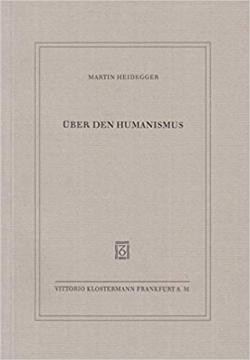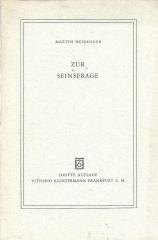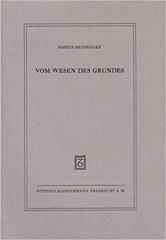
Über den Humanismus
In "Letter on Humanism" (1947), Martin Heidegger answers Jean Beaufret's question about the meaning of humanism, presenting a critical stance towards traditional humanism and offering a new understanding of human existence.
The work was created as a response to existentialist interpretations of his earlier work, especially "Being and Time". Heidegger believes that traditional humanism, which places man at the center of the world by defining him as a "rational animal", does not reach the true essence of man. He criticizes the metaphysical assumptions of humanism, arguing that they ignore the question of being (Sein). Instead, Heidegger proposes that man is "Dasein" - a being who stands in relation to being, whose existence is always already "thrown" into the world and directed to the understanding of his own existence.
Language plays a key role in Heidegger's understanding. He argues that language is the "house of being", not just a tool of communication, and that man participates in the discovery of being through language. Humanism, according to Heidegger, must not elevate man as the master of the world, but must understand him as the "shepherd of being", who guards and cares for being.
Heidegger also rejects the abstract notions of freedom and dignity that dominate humanist discourses, calling for a deeper reflection on man's place in the world through the “thinking of being.” This work represents a shift from anthropocentrism to an ontological understanding of man.
One copy is available
- Signature of previous owner




